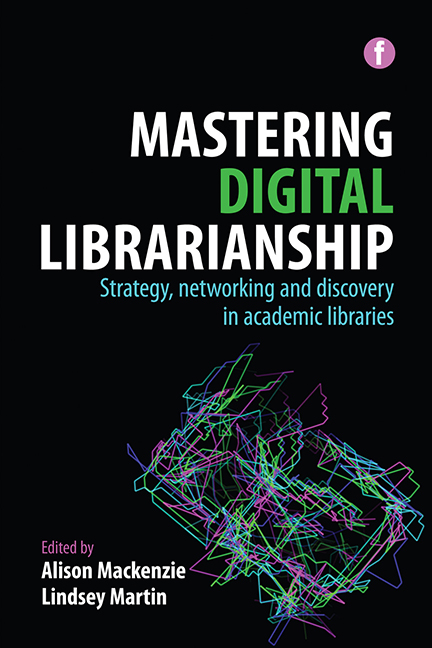9 - Libraries and international branch campuses in the digital environment
Published online by Cambridge University Press: 13 September 2022
Summary
Introduction
In a globalized economy, as institutions driven by the need to maximize their income extend their reach outside their country's borders to establish outposts around the world, what are the challenges faced by academic libraries? Does our digitally rich learning environment lead to unrealistic expectations of library support or is it an enabler to a more consistent level of access? Although much has been written about transnational education (TNE) in general, as Wang and Tremblay (2009) have recognized, there is a lack of information in the current literature about how academic libraries support their domestic students studying abroad. A review of the literature also reveals a lack of research on the ways in which the growth of overseas campuses impacts upon academic libraries on the home campus. This chapter will try to answer some of the fundamental questions posed on this topic through evidence gained from working with a university’s international branch campuses (IBCs). It will illustrate some of the benefits and challenges of engaging in international activities, particularly in a digital environment. It is essential that digital capabilities are used to their greatest effect in order to fully realize the ambitions and plans of countries such as Australia, where it is government policy to grow the international student population through overseas enterprises.
Alongside examples from around the world, a case study based on the experience of a UK institution, Newcastle University, will be used throughout the chapter to illustrate specific points. Newcastle University in Singapore is an academic alliance with Singapore Institute of Technology, offering academic programmes, hosted in two local polytechnics, with staff and students based on either one of the sites. In total 23 Newcastle University academic staff, 38 adjunct staff (local Singaporean guest lecturers) and over 500 students are based in Singapore, supported by 10 administrative staff. Students have physical access to the two local polytechnic libraries and digital access to Newcastle resources, supported at a distance by Newcastlebased library staff.
Transnational education and the international branch campus
There are many different ways in which students can be viewed as ‘international’; they may have travelled from their home country to take a degree at a university in a different country, or they may take time away from the home university to study in a different country for a defined period. Students may undertake project or dissertation research in other countries or participate in field trips.
- Type
- Chapter
- Information
- Mastering Digital LibrarianshipStrategy, networking and discovery in academic libraries, pp. 157 - 172Publisher: FacetPrint publication year: 2014



